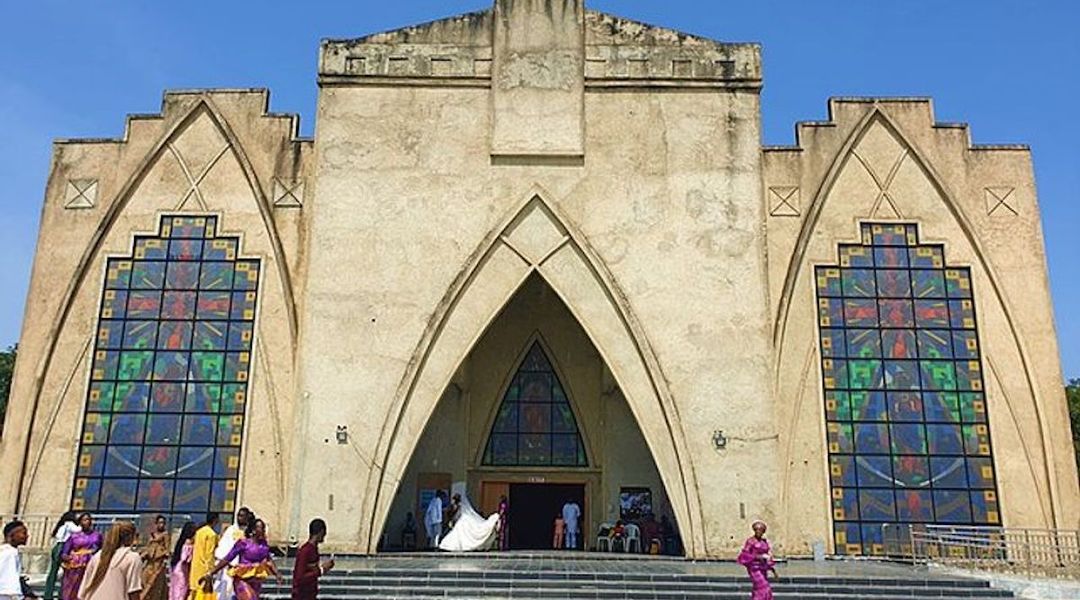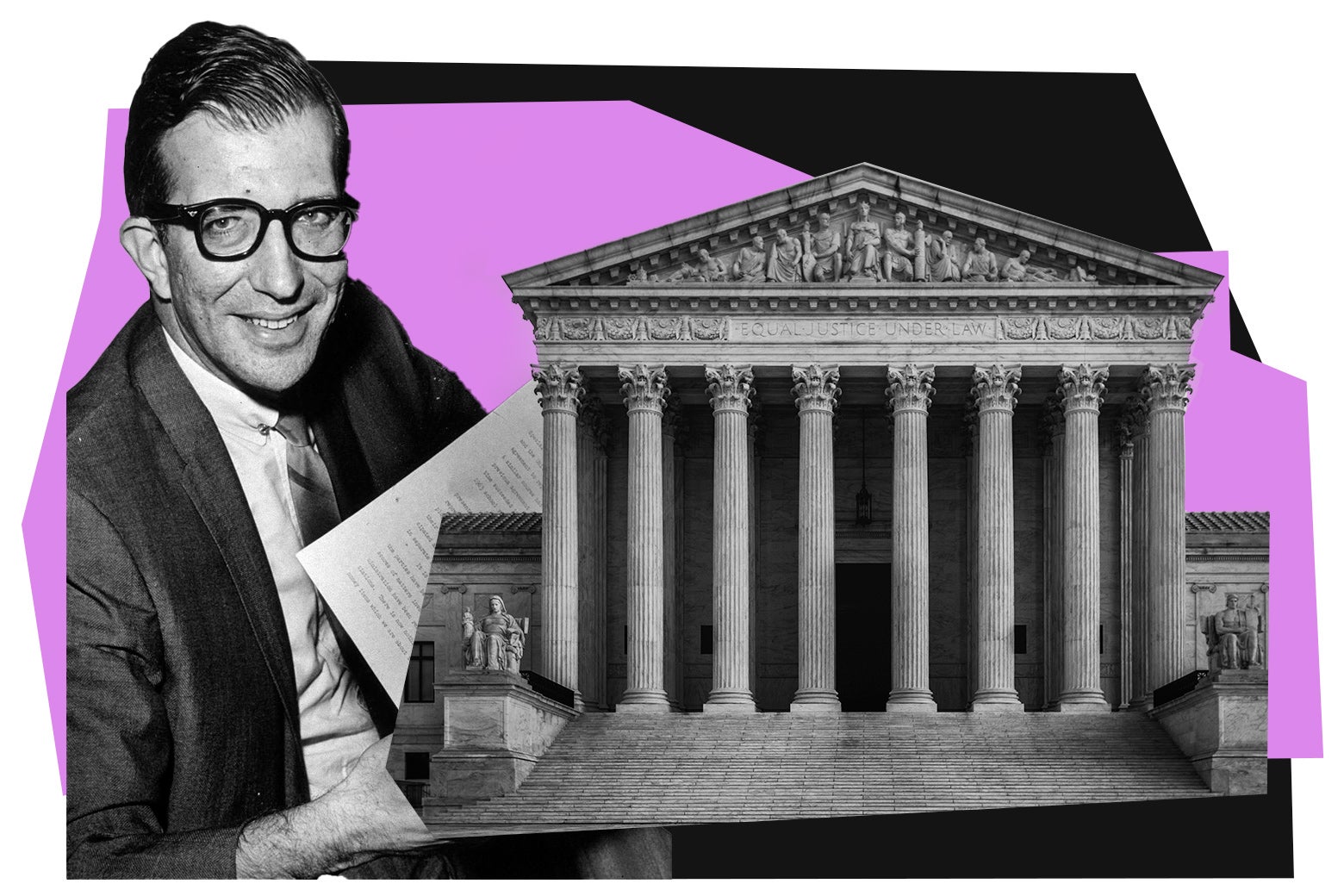Faith vs. Mandate: Supreme Court Poised to Back Catholic Charities in Landmark Religious Freedom Battle
Religion
2025-03-31 19:48:13Content
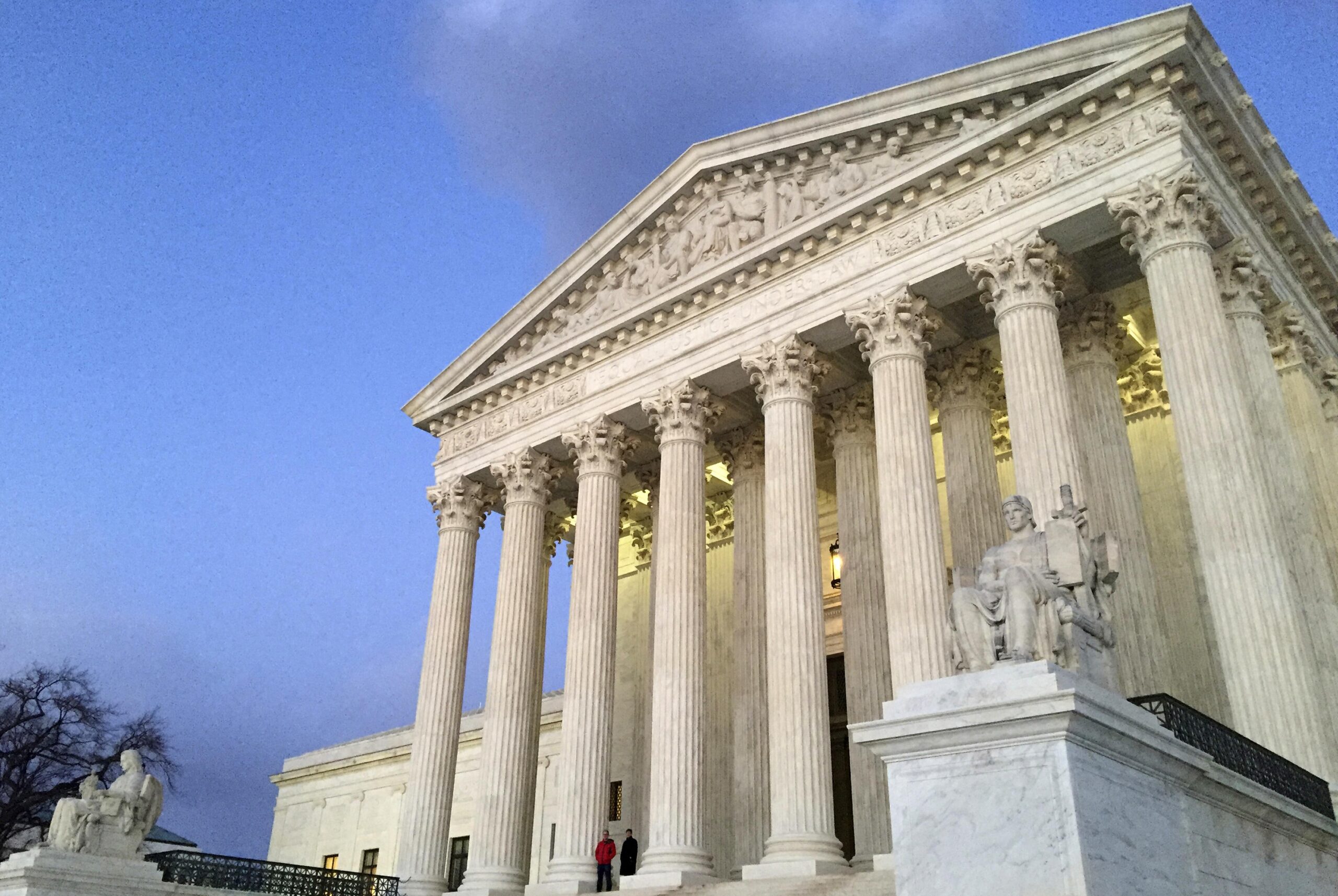
In a pivotal hearing that could reshape religious organizations' tax obligations, the U.S. Supreme Court appeared poised to side with the Catholic Diocese of Superior's charitable wing. The justices listened intently to arguments challenging the state's denial of a religious unemployment tax exemption, signaling potential sympathy for the diocese's position.
During intense oral arguments, the justices probed the nuanced legal landscape surrounding religious institutions' tax responsibilities. The diocese contends that the state's refusal to grant a religious exemption from unemployment taxes represents an unwarranted burden on its First Amendment rights.
Legal experts watching the proceedings noted the court's skeptical questioning of the state's position, suggesting a likely favorable ruling for the religious organization. The case could set a significant precedent for how religious charities interact with state tax regulations, potentially offering broader protections for faith-based institutions nationwide.
The outcome could have far-reaching implications for religious organizations, potentially providing them with greater financial flexibility and reinforcing constitutional protections for religious freedom.
Supreme Court Weighs Religious Exemption in Landmark Tax Dispute
In the hallowed chambers of the United States Supreme Court, a pivotal legal battle is unfolding that could reshape the intricate relationship between religious institutions and state taxation policies. The case centers on the Catholic Diocese of Superior's challenge to a state unemployment tax regulation, presenting a complex constitutional question that resonates far beyond its immediate jurisdictional boundaries.Justice and Faith: A High-Stakes Legal Showdown
Constitutional Crossroads: Religious Freedom vs. State Taxation
The Supreme Court's deliberations represent a nuanced exploration of the delicate balance between religious autonomy and governmental regulatory powers. Legal experts argue that the case transcends a simple tax dispute, potentially establishing a precedent that could fundamentally alter how religious organizations interact with state-mandated financial obligations. The Catholic Diocese's argument hinges on a profound interpretation of religious liberty, contending that mandatory unemployment tax contributions represent an unwarranted intrusion into their ecclesiastical operations. Their legal team has meticulously constructed a constitutional argument that challenges the state's authority to impose financial burdens that they claim impede their religious mission.Historical Context of Religious Institutional Taxation
Historically, religious institutions have navigated a complex legal landscape regarding tax exemptions and financial regulations. This current Supreme Court case emerges against a backdrop of evolving jurisprudence that continually reexamines the boundaries between church and state. Scholars of constitutional law suggest that the justices' line of questioning during oral arguments indicates a potential sympathy towards the diocese's position. The nuanced discussions reveal the court's careful consideration of the intricate constitutional principles at stake, balancing institutional religious freedoms with state regulatory interests.Potential Implications for Religious Organizations Nationwide
The ramifications of this case extend far beyond the specific circumstances of the Superior Diocese. Religious institutions across the United States are closely monitoring the proceedings, understanding that the court's eventual ruling could establish a transformative precedent affecting their financial and operational autonomy. Legal analysts predict that a favorable ruling could empower religious organizations to challenge similar state-imposed financial mandates, potentially creating a significant shift in how governmental bodies interact with faith-based institutions. Conversely, a decision supporting the state's position would reinforce existing regulatory frameworks.Economic and Theological Dimensions of the Dispute
The case illuminates the complex intersection of economic policy and religious practice. The Catholic Diocese argues that mandatory unemployment taxes represent an undue burden that diverts resources from their core spiritual and community service missions. Economists and religious scholars alike are fascinated by the potential broader implications. The dispute challenges fundamental assumptions about institutional autonomy, governmental oversight, and the economic responsibilities of religious organizations in contemporary society.Supreme Court's Deliberative Process
The justices' engagement with the case suggests a profound understanding of its constitutional significance. Their probing questions during oral arguments indicate a sophisticated analysis of the competing legal principles at play. Each justice brings a unique perspective shaped by their individual judicial philosophies, making the potential outcome difficult to predict. The complexity of the arguments underscores the Supreme Court's role as the ultimate arbiter of constitutional interpretation.RELATED NEWS
Religion

Faith vs. State: Supreme Court Signals Major Win for Catholic Charities in Landmark Religious Freedom Showdown
2025-03-31 17:57:00
Religion

Harmony in Faith: Vatican Diplomat Hails Senegal's Remarkable Religious Tolerance
2025-04-11 08:43:07
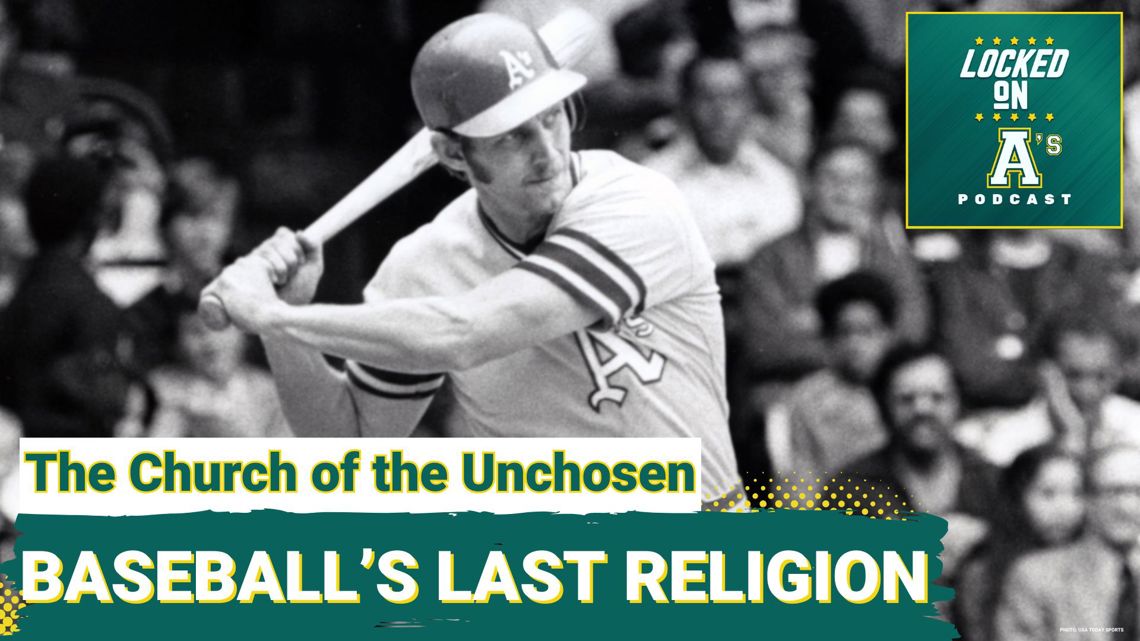

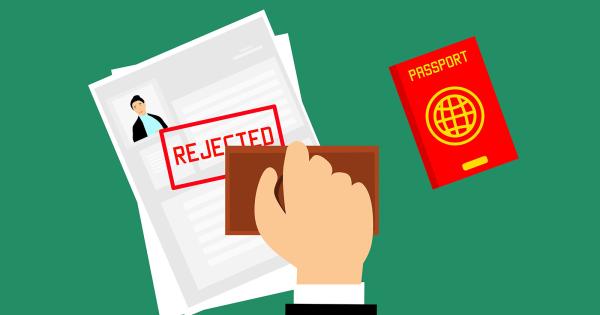
-1.jpg)
